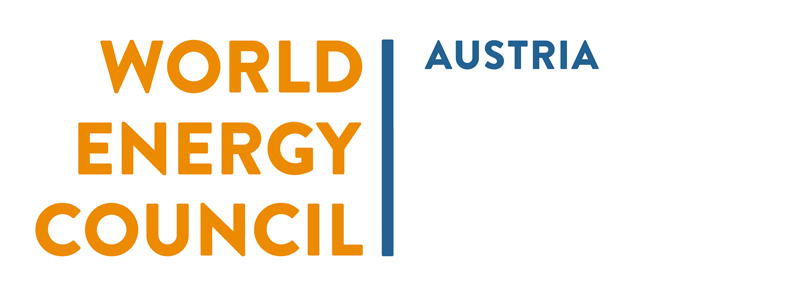Tasks and Objectives
of the World Energy Council Austria
Energy systems are on the move worldwide. More than a billion people have no access to grid-connected energy. In the emerging big economies, the poverty threshold can only be skipped with more energy. On the other hand, the internationally desired reduction of CO2 emissions requires a system change. The European energy scene is dominated by the forms and effects of the energy transition.
For more than 90 years, the London-based World Energy Council has been at the forefront of the energy debate and sees itself as a global think tank and field of action to ensure energy for all. The World Energy Council is a UN accredited body of more than 3,000 public and private organizations in nearly 100 countries.
All major international players in the energy industry and politics sector are part of the World Energy Council. Scientific studies and forecasts provide the actors in politics, business and science with the information for future-oriented decisions. In the foreground are the interests of the people and the economy of our country for a sustainable, efficient and affordable energy.
In Austria, authoritative companies and associations are members. The national organization supports global, national and regional energy strategies through high-profile events (alternative mobility, energy transition, energy storage), studies and rankings on the current energy situation in connection with the European environment. Cross-talk among affiliates and the promotion of Young Energy Professionals are an integral part.
The benefit for members lies above all in the following services of the World Energy Council Austria:
- Ensure access to the findings of the WEC, the only global non-governmental organization dealing with all energy issues and forms.
- Provision of a network with national and international energy connections.
- Possibility of active participation in the energy and statistical work of the WEC and thus actively shaping long-term strategic goals.
- Addressing current questions of the energy industry in its own committees, in public events as well as through publications and thus dissemination of expertise and opinion in energy and energy policy issues.
- Platform for consensus lobbying work.
